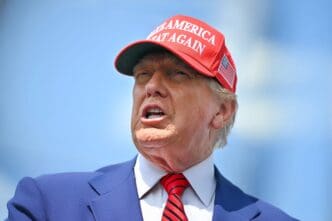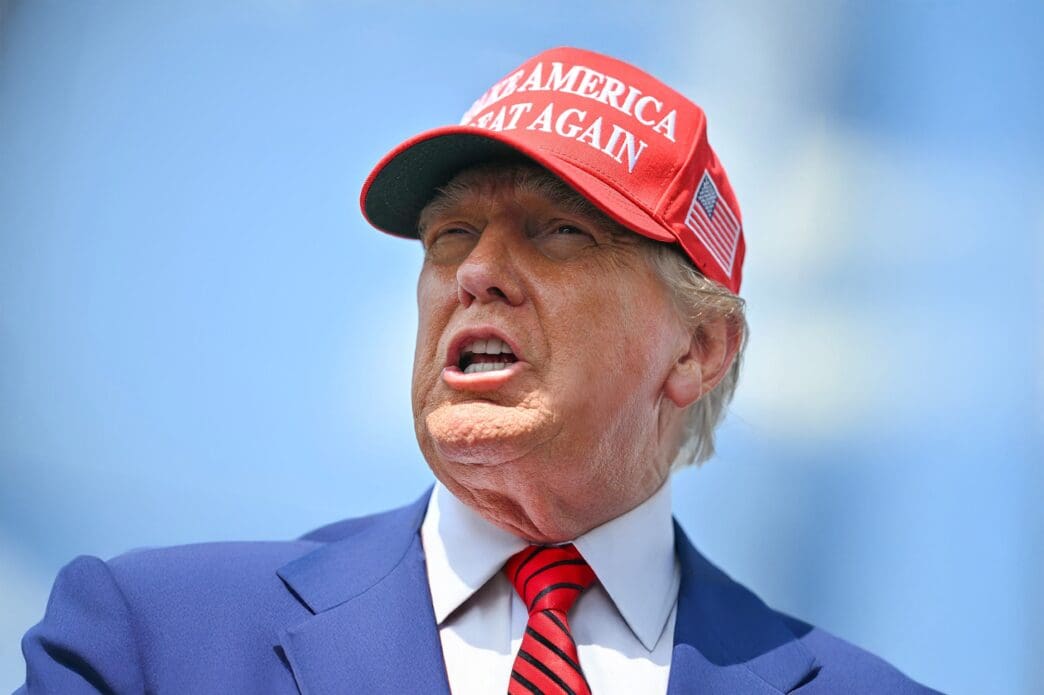Executive Summary
The Story So Far
Why This Matters
Who Thinks What?
A federal judge on Tuesday issued a scathing 161-page ruling, sharply rebuking President Donald Trump and his administration for what he described as a “full-throated assault on the First Amendment.” The decision by US District Judge William G. Young found that the administration impermissibly chilled the protected political speech of university professors and students by targeting non-citizens on college campuses who had spoken out in support of Palestinians.
Judicial Rebuke of Administration Actions
Judge Young lambasted President Trump and his administration for attacking free speech “under the cover of an unconstitutionally broad definition of Anti-Semitism” in efforts to deport non-citizen activists. The judge devoted more than a dozen pages of his decision to discussing the president, the First Amendment, and the state of the country, using language rarely seen in formal federal rulings.
The judge asserted that Trump’s conduct violated the sacred oath of a president to “preserve, protect and defend the Constitution of the United States.” He further stated that the administration’s actions represented a “full-throated assault on the First Amendment,” warning that the country had ignored the need to constantly fight for freedom.
Targeting Pro-Palestinian Protesters
The case centered on efforts by the State Department and the Department of Homeland Security to deport non-citizen pro-Palestinian professors and students who had protested Israeli government actions in Gaza. Judge Young wrote that Secretary of State Marco Rubio, Homeland Security Secretary Kristi Noem, and their subordinates “acted in concert to misuse the sweeping powers of their respective offices” to target these individuals primarily due to their First Amendment-protected political speech.
The intent, Young explained, was to “strike fear into similarly situated non-citizen pro-Palestinian individuals,” effectively curbing lawful speech and denying them their right to freedom of speech. He highlighted the significance of the case, stating it “squarely presents the issue whether non-citizens lawfully present here in United States actually have the same free speech rights as the rest of us.”
Young noted that while it would be speculation to suggest the secretaries acted directly under President Trump’s direction, it was clear Trump “wholeheartedly supported it,” and his comments indicated he had been “fully briefed.”
Concerns Over “Weaponized Government”
During the trial, the use of masks by ICE agents was a point of contention, with agents claiming to wear them for identity protection. Judge Young sharply criticized this practice, stating, “ICE goes masked for a single reason – to terrorize Americans into quiescence.” He added, “In all our history we have never tolerated an armed masked secret police.”
The judge warned against the “weaponization” of federal government agencies to squelch free speech rights, stating that such actions could be directed against the President’s perceived “enemies” or opponents. Ramya Krishnan, an attorney with the Knight First Amendment Institute representing the professors, commented that “No one should have to live in fear that they could be seized by ICE agents for their political expression.”
Judge Young’s Outspokenness
Judge Young has been particularly outspoken this year regarding controversial Trump administration actions. Earlier this year, in a case concerning the government’s decision to halt public health grants related to race and gender issues, he stated he had “never seen government racial discrimination like this.”
The judge also included a handwritten postcard sent to him in June that read, “TRUMP HAS PARDONS AND TANKS …. WHAT DO YOU HAVE?” Young responded in his ruling, writing, “Alone, I have nothing but my sense of duty. Together, We the People of the United States – you and me – have our magnificent Constitution.”
Constitutional Safeguards
This ruling underscores the judiciary’s role in safeguarding constitutional rights, particularly freedom of speech, for all individuals present in the United States, regardless of citizenship status. Judge Young’s strong language serves as a reminder of the ongoing debate surrounding the balance between national security concerns and fundamental civil liberties.








